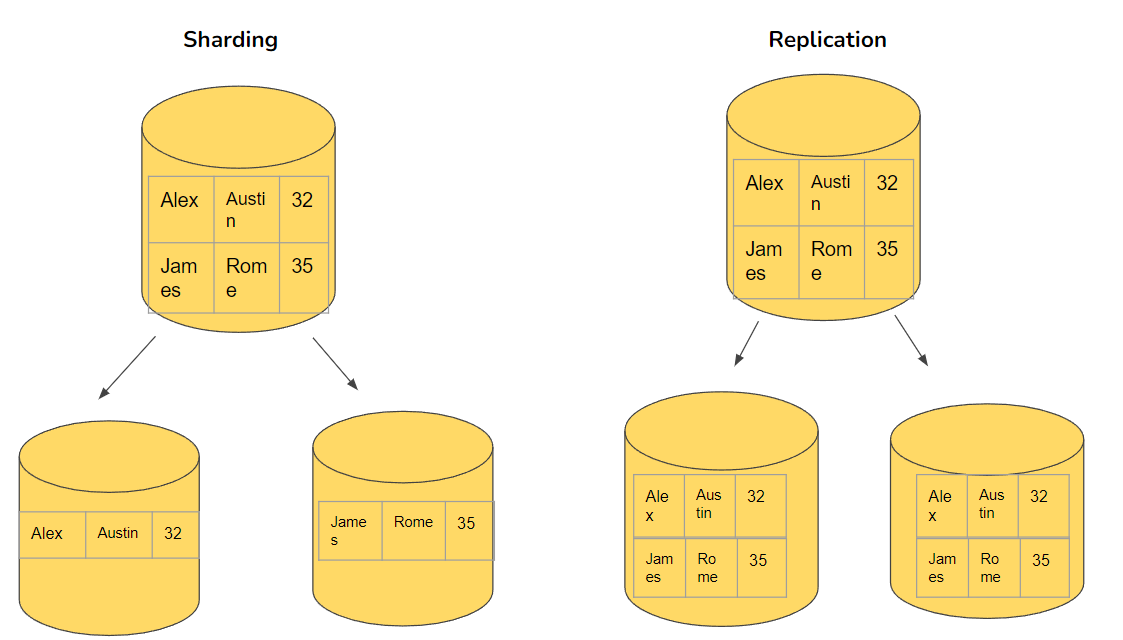Database Sharding Example A sharded database distributes the records in a database s tables across different databases on different computer systems This guide explains how database sharding works and discusses some of the advantages and disadvantages of sharding
In this article we ll cover the basics of database sharding its best use cases and the different ways you can implement it Jump to What is database sharding Evaluating alternatives Advantages and disadvantages of sharding How does database sharding work Sharding architecture and types FAQs Sharding is a database architecture pattern related to horizontal partitioning the practice of separating one table s rows into multiple different tables known as partitions Each partition has the same schema and columns but also entirely different rows
Database Sharding Example

Database Sharding Example
https://i.ytimg.com/vi/hdxdhCpgYo8/maxresdefault.jpg

What Is Database Sharding YouTube
https://i.ytimg.com/vi/XP98YCr-iXQ/maxresdefault.jpg
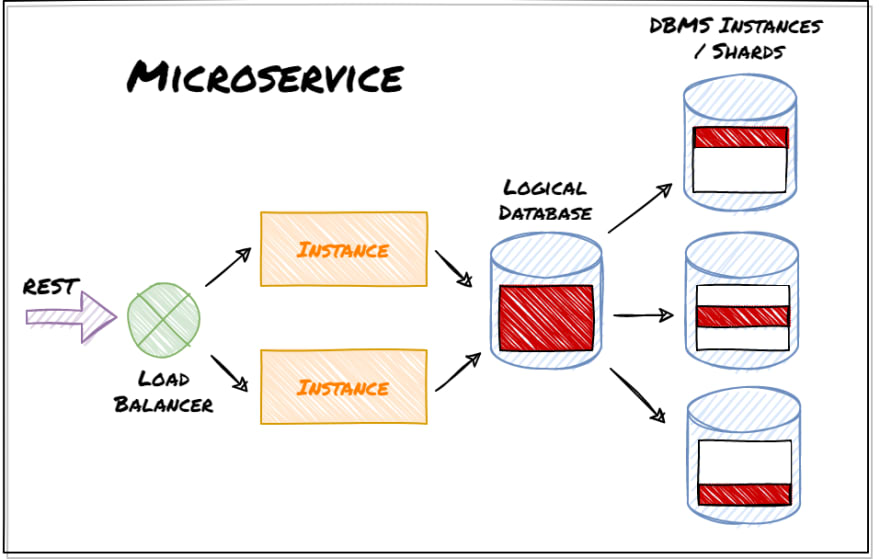
How To Use Database Sharding And Scale An ASP NET Core Microservice
https://res.cloudinary.com/practicaldev/image/fetch/s--sVNrTWC4--/c_limit%2Cf_auto%2Cfl_progressive%2Cq_auto%2Cw_880/https://cdn-images-1.medium.com/max/2000/1*qfNgu11fAZHUkZeohvUzzA.png
Database sharding splits a single dataset into partitions or shards Each shard contains unique rows of information that you can store separately across multiple computers called nodes All shards run on separate nodes but share the original database s schema or design Database sharding is a strategy used to horizontally partition data across multiple databases or servers Instead of storing all records in one massive database sharding splits the dataset into several smaller pieces shards each containing a subset of the data
Database sharding is a type of database partitioning that separates large databases into smaller faster more easily managed parts called data shards Each shard is held on a separate database server instance spreading the load and reducing the response time Why Use Database Sharding In this article we ll cover the basics of database sharding its best use cases and the different ways you can implement it Sharding is a method for distributing a single dataset across multiple databases which can then be stored on multiple machines
More picture related to Database Sharding Example
Replication And Sharding
https://media.licdn.com/dms/image/D5612AQE1IeHvSVzUeQ/article-cover_image-shrink_720_1280/0/1666957248269?e=2147483647&v=beta&t=zz4XmweU6m9paz-FCtDXiDbvc_RD40Z2uFSDiZ0MgfI

Blog 15 Understanding Database Sharding
https://assets.digitalocean.com/articles/understanding_sharding/DB_image_3_cropped.png

Blog 15 Understanding Database Sharding
https://assets.digitalocean.com/articles/understanding_sharding/DB_image_4_cropped.png
Sharding is a technique to divide a large database into smaller independent pieces called shards allowing for improved performance scalability and availability This article explores four real world examples of sharding strategies implemented by different organizations Database sharding is a technique used to horizontally partition a large database into smaller more manageable shards Each shard contains a subset of the data allowing for better scalability and performance in distributed systems
[desc-10] [desc-11]
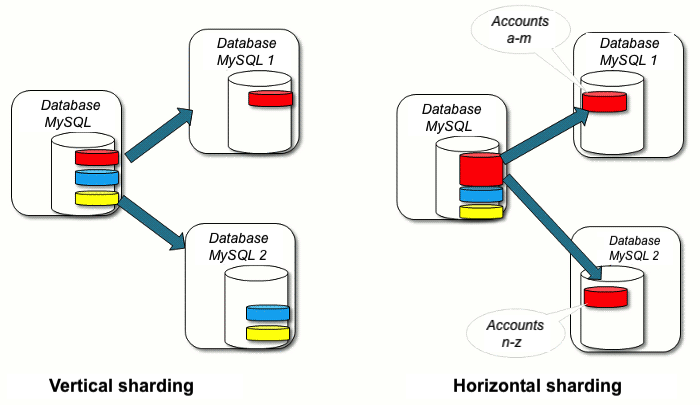
Database Sharding
https://training.bitrix24.com/images_en/sharding_scheme_sm_en_1.png

System Design Interview Concepts Database Sharding
https://i0.wp.com/www.acodersjourney.com/wp-content/uploads/2018/08/Horizontal-Sharding.jpg

https://www.linode.com › docs › guides › sharded-database
A sharded database distributes the records in a database s tables across different databases on different computer systems This guide explains how database sharding works and discusses some of the advantages and disadvantages of sharding

https://www.mongodb.com › resources › products › ...
In this article we ll cover the basics of database sharding its best use cases and the different ways you can implement it Jump to What is database sharding Evaluating alternatives Advantages and disadvantages of sharding How does database sharding work Sharding architecture and types FAQs

System Design Interview Concepts Database Sharding

Database Sharding
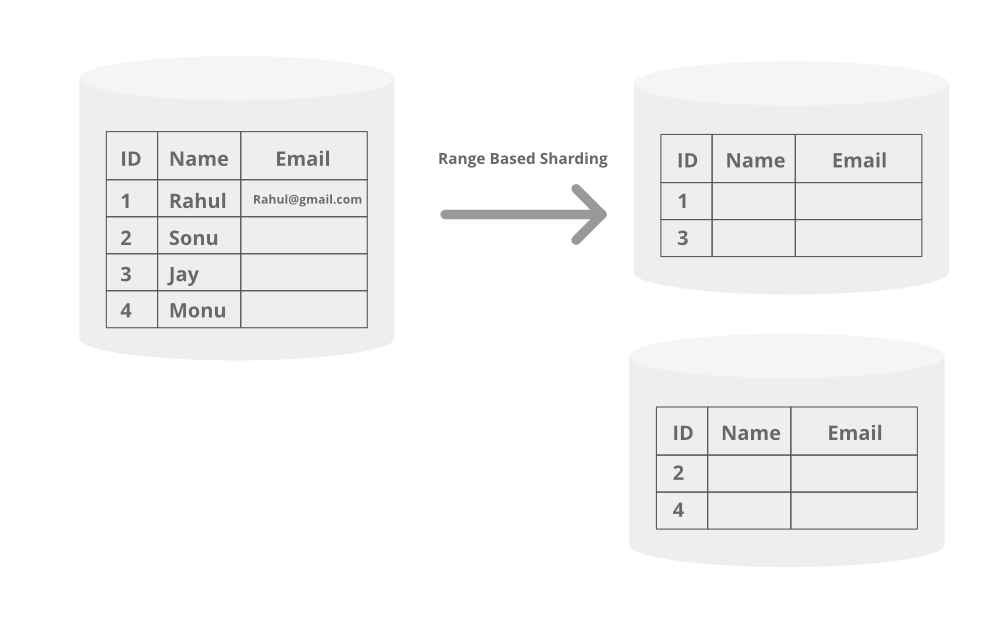
Twitter Sharding
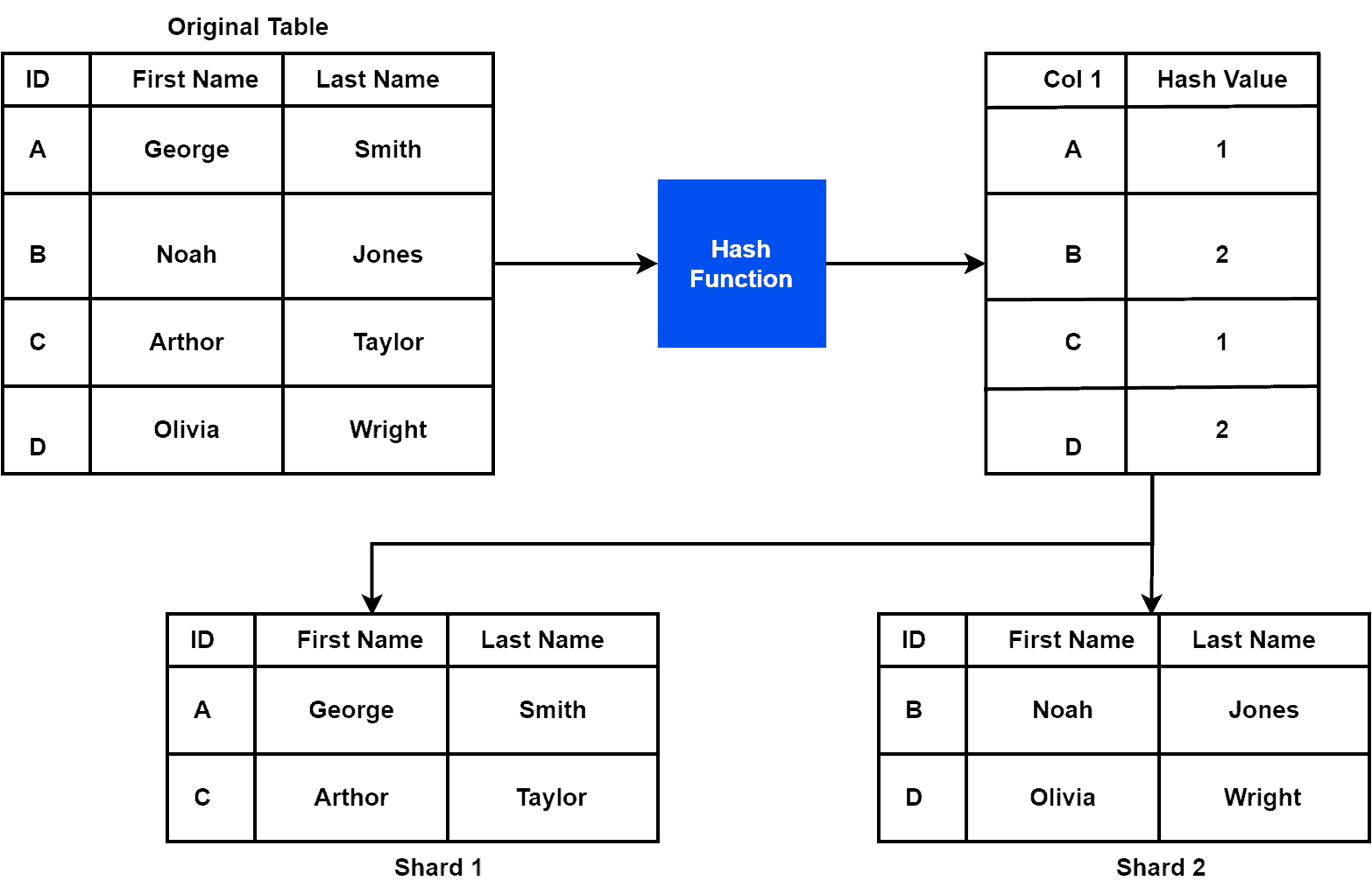
Vs Baeldung
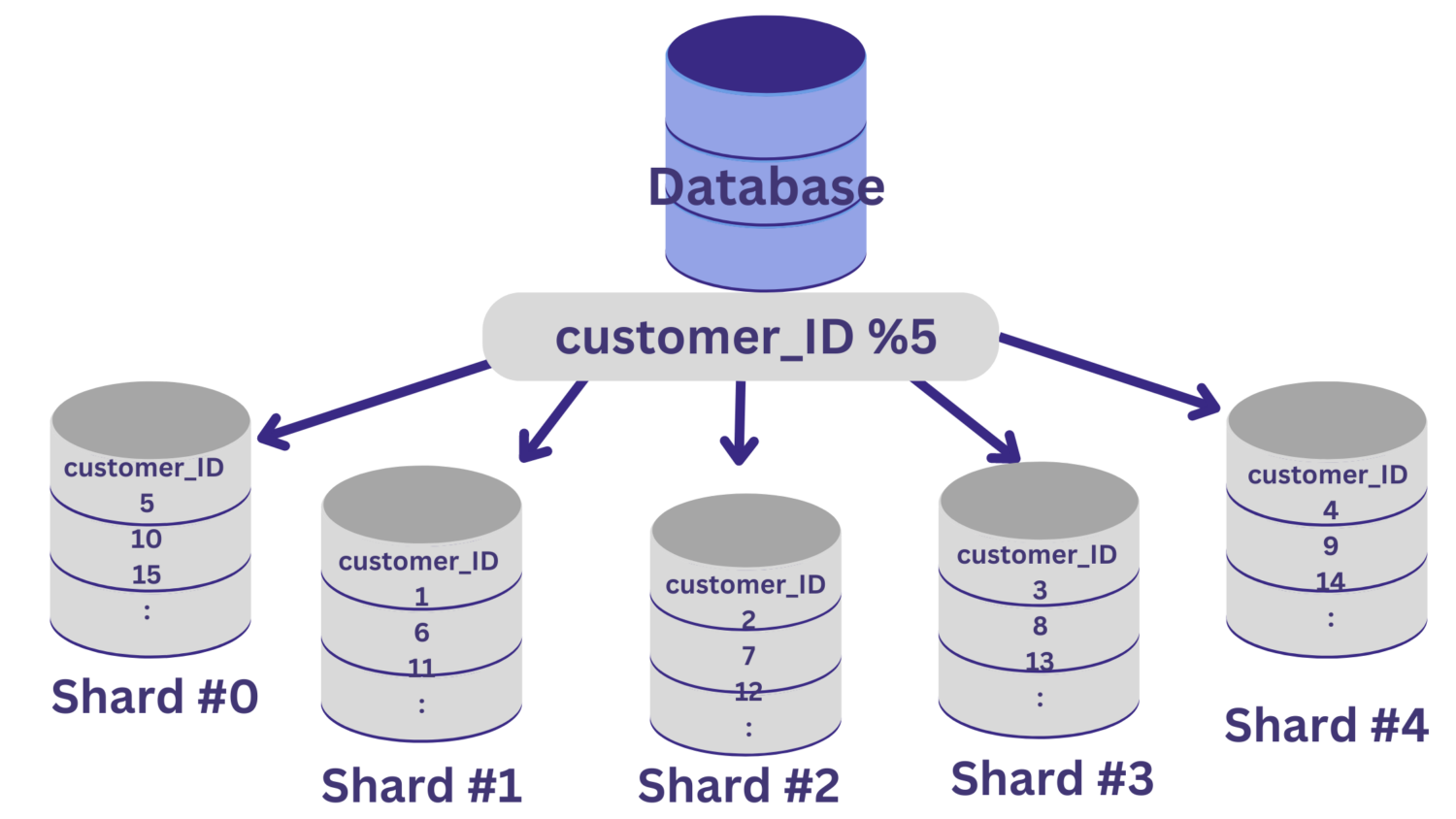
Database Sharding Apa Mengapa Dan Bagaimana Widiantoro

What Is Database Sharding The Ultimate Guide Estuary

What Is Database Sharding The Ultimate Guide Estuary

MongoDB Horizontal Scaling Through Sharding Blog Of Ken W Alger

Qu Es La Fragmentaci n De Bases De Datos

AlgoDaily What Is Database Sharding Scaling DBs
Database Sharding Example - Database sharding is a type of database partitioning that separates large databases into smaller faster more easily managed parts called data shards Each shard is held on a separate database server instance spreading the load and reducing the response time Why Use Database Sharding
